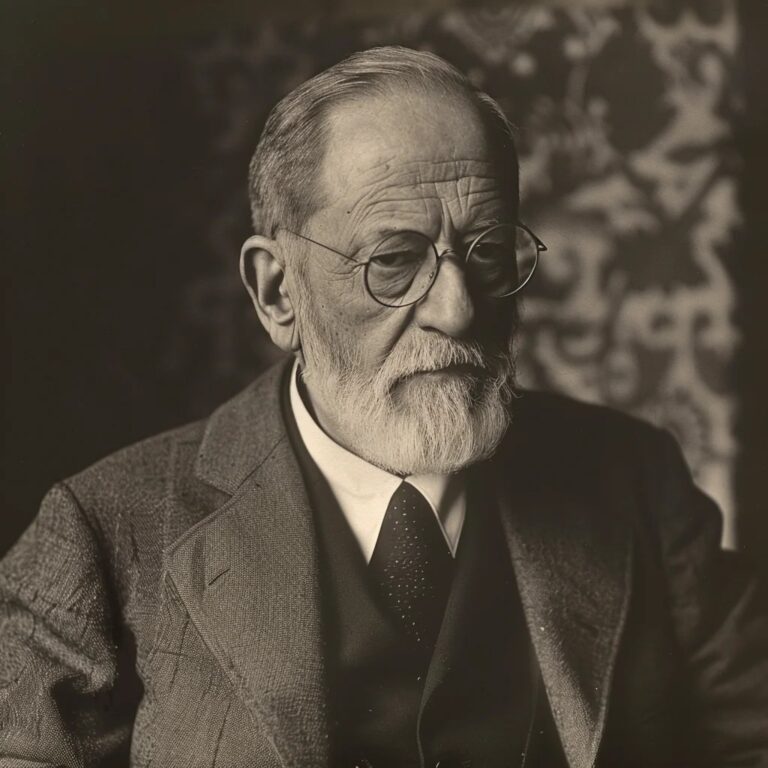Sigmund Freud was born on May 6, 1856, in Freiberg, Moravia, now part of the Czech Republic.
He initially planned to become a lawyer but chose to study medicine instead.
Freud developed the theory of the Oedipus complex, describing a child's feelings of desire for their opposite-sex parent and jealousy toward their same-sex parent.
He introduced the concepts of the id, ego, and superego to describe the structure of the human psyche.
Freud's book 'The Interpretation of Dreams,' published in 1899, is considered one of his most significant works.
He was a prolific writer, producing more than 320 books, articles, and essays.
Freud was known for his use of talk therapy and the technique of free association in psychoanalysis.
He fled Austria in 1938 to escape the Nazis and spent his final years in London.
Freud was an early user and proponent of cocaine as a stimulant and analgesic, although he later recognized its dangers.
He had a significant influence on art and literature, with many writers and artists drawing inspiration from his theories.
Freud's work on dream analysis led to the development of the field of dream psychology.
He received numerous awards and honors, including honorary doctorates from prestigious universities.
Freud had a lifelong interest in archaeology and often used archaeological metaphors to describe his theories.
He was a heavy smoker and suffered from mouth cancer, undergoing multiple surgeries throughout his life.
Sigmund Freud passed away on September 23, 1939, in London, and his ideas continue to shape modern psychology.
How useful was this post?
Click on a star to rate it!



